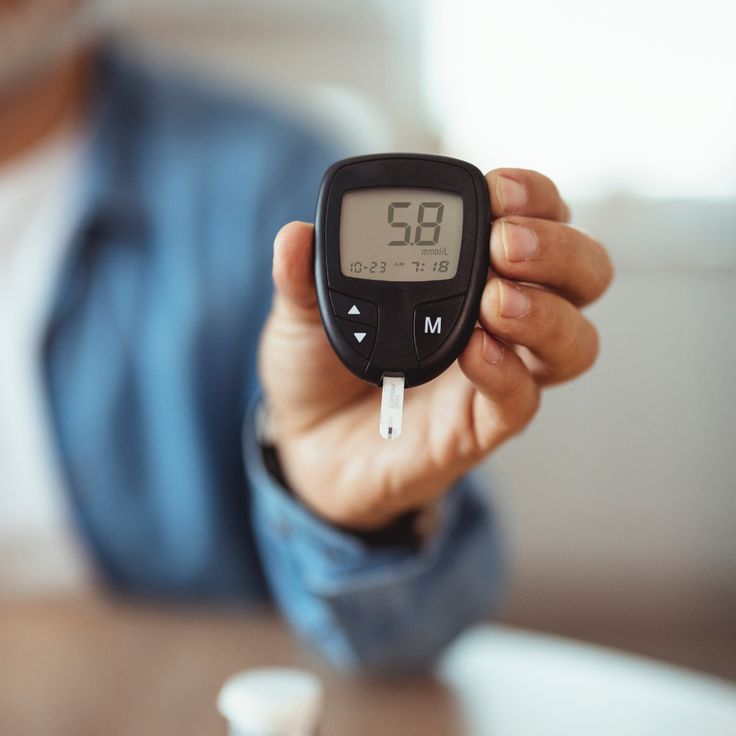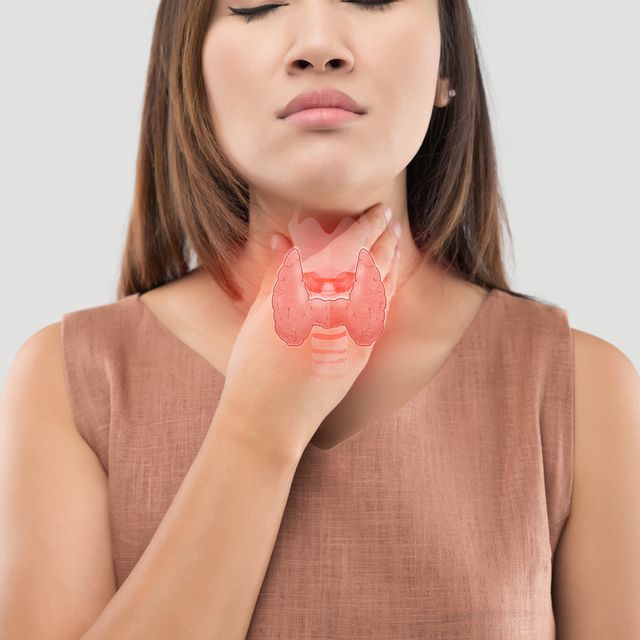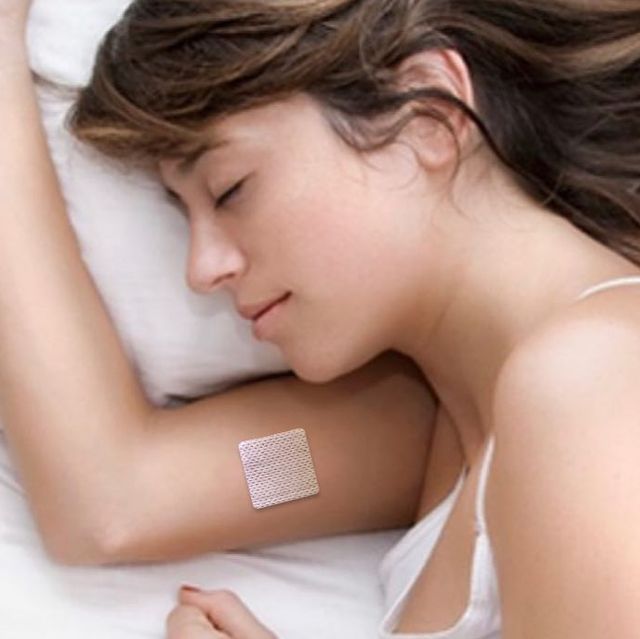
Hormones And Aging, Imagine this: Consider two individuals who share the same background and age. Driven by sugar and caffeine, one wakes up sleepy and battles through the day.
Feeling rested and eager to attack the day with vitality, the other leaps out of bed. What is the difference? It’s not only chance or genes; it’s also how they control their daily routines and hormones.
Although aging is unavoidable, our way of aging mostly depends on us. Although genes play a part, research reveals that our lifestyle choices significantly affect our lifetime and general state of health.
Do hormones also play a significant role in the aging process? Hormone.
Today we are delving deeply into how hormonal changes affect aging and, more significantly, how you might work with your body to maintain balanced hormones for a longer, healthier life.
Cortisol is similar to an overprotective friend who tries to be helpful but ends up making things worse. When you need a surge of energy during a crisis, it’s fantastic; but, persistent high cortisol levels from ongoing stress can cause inflammation, weight gain, and even brain fog. By destroying collagen, thinning your skin, and compromising your immune system, too much cortisol over time might hasten aging.
Managing it


Hormones And Aging, Maintaining your muscles strong, skin tight, and metabolism humming depends mostly on growth hormone (GH). But as we get older, GH production falls, which can cause slower recovery times, more fat accumulation, and lesser muscle mass.
How might one naturally increase it?
As they age, men and women both see drops in testosterone and estrogen. While low testosterone can cause muscle loss, tiredness, and a lower sense of vitality, lower estrogen levels can contribute to brittle bones, mood swings, and dry skin.
How To Encourage Appropriate Levels?
While many people acquire insulin resistance as we age, which results in weight gain, tiredness, and a higher risk of type 2 diabetes, insulin helps control blood sugar. Furthermore, poor insulin control accelerates aging by promoting inflammation and oxidative damage.
How Can One Keep It Under Control?


Thyroid control of metabolism, energy levels, and body temperature Thyroid function slows down as we age, which causes weight gain, tiredness, and sluggishness.
How May One Maintain A Happy Thyroid?
One precursor hormone that helps generate testosterone and estrogen is dehydroepiandrosterone (DHEA). It affects the immune system, energy level, and general vitality; levels drop with aging.
Support DHEA Production
Melatonin is crucial for controlling sleep cycles; its drop with age can cause insomnia, which accelerates aging. Reduced sleep has been linked to inflammation, more oxidative stress, and perhaps cognitive deterioration.
Ways To Naturally Increase Melatonin

Sleep is when your body heals and balances hormones, not only about feeling relaxed. Keeping a regular bedtime, avoiding blue light before bed, and developing a calming evening ritual will help you aim for 7 to 9 hours of high-quality sleep every night.
One of the strongest weapons for life is exercise. While walking and cardiovascular exercise increase insulin sensitivity, strength building raises testosterone and GH. One can make an impact even merely with 10,000 daily steps.
Give whole, nutrient-dense foods a priority over highly processed items. Rich in good fats, lean proteins, and fiber, a Mediterranean-style diet helps support balanced hormones and good aging.
Regular stress messes with your hormones. Choose a stress-reducing technique that suits you from meditation, time in nature, or writing.
By means of autophagy, intermittent fasting can improve insulin sensitivity, raise growth hormone, and promote cellular repair. Fast for twelve hours at first, then change depending on what feels best for you.
Your gut flora affects everything including estrogen metabolism and insulin control. Support it with foods high in fiber, fermentables, and probiotics.
Your body is dynamic, as is aging. Regular visits, blood tests, and regular changes will enable you to keep on top of your health.

Though it is a natural process, our aging is under our influence. You may age gracefully, while feeling and looking your best, by knowing and adjusting your hormones, making little daily changes, and giving habits supporting longevity top priority.
Therefore, keep in mind that your future self will appreciate you for the decisions you make now even if you consider skipping sleep, grabbing processed junk food, or allowing stress to rule your life. Longevity is about routinely making little, scientifically supported decisions that add up over time; it is not about drastic changes.
Go hydrate now, inhale deeply, and start moving; your hormones (and future self) will adore you for it!